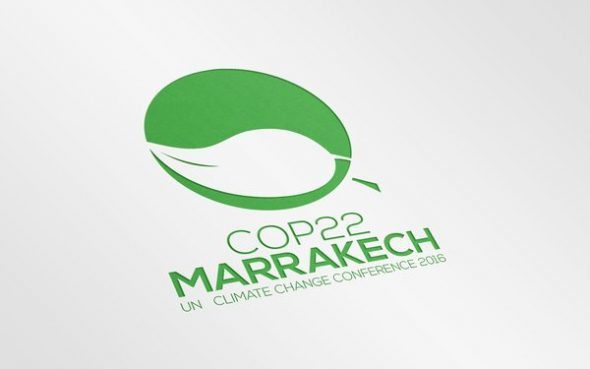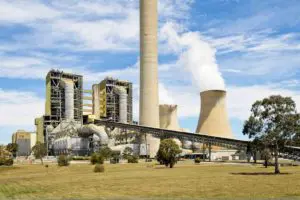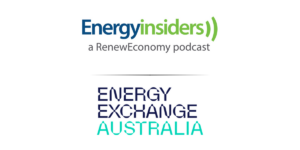To rapturous applause here in Marrakech, Australia today announced it had ratified the Paris climate agreement. I’ve been here before, I thought to myself. In 2007 in Bali, similar applause greeted Kevin Rudd’s ratification of the Kyoto Protocol.
At that time, a senior Australian diplomat, a veteran of the George W Bush inspired Howard decadal boycott, said it “felt like coming up from drowning”. That boycott had hindered Australia in many international relations, he explained. Climate change positions were not just a fashionable frolic off to the side of serious trade, economic and diplomatic international interaction. It was increasingly integral.
In the near decade since then, climate diplomacy has become even more integrated to our international interests.
Viewed in this light, the seemingly bolshy move of the government to ratify the Paris agreement, with the looming prospect of Trump’s renunciation, makes good sense. It makes sense for a couple of reasons, but it needs to be said first that it was an outstanding move, with great timing, and deserving of respect.
And respect it got. Not just from climate diplomats still digesting the shock sandwich of Trump’s ascendency. And not just from environment groups who have so often awarded Australia a “fossil” award for bad behaviour at these climate negotiations. But also from leading Australian business, investor, union and welfare groups like the BCA, AIG, ACTU and ACOSS, members of the Australian Climate Roundtable of which The Climate Institute is a member. Why?
Ratification of the Paris agreement was, of course, recommended on Monday by the multiparty parliamentary treaties committee. Ministers’ Bishop and Frydenberg had already said the Paris agreement was in Australia’s national interest. The increasing costs of climate impacts and the economic opportunities for Australia in responding to the climate challenge were noted by the committee.

But it should also be remembered that the Paris agreement is unlike the first or second Kyoto Protocol which take us to 2020. Not participating in either of those had time-bound consequences. The Paris agreement, however, sets up an ongoing ratchet mechanism calling for stronger action until at least net zero emissions are reached. Even if the USA managed to withdraw from the Paris agreement, the framework remains. Other major trading partners of Australia, led by China, made clear today that they weren’t for moving. In fact, as reported in the AFR today, China sees economic and international leadership opportunity even if the USA wavers.
Even more importantly, the Paris agreement was forged in the context of increasing affordability of clean technology alternatives driven by innovation, consumer preferences and the clean air, energy efficiency and economic modernisation desires of China. Toss in growing investor and financial regulator attention, to not just the growing costs of climate impacts, but also the risks of poorly managed policy transitions and other fiduciary duty and reputation liability risks, and moving forward with the commitments at Paris makes more sense.
But while ratification was a respectable and sensible move for the government, it will need to move on from cheap political point scoring of recent weeks. It will need to make the 2017 climate policy review and consideration of post 2030 targets as “fair dinkum” as both Minister Frydenberg and Senator Sinodinis have described it. In this light, it is worth concluding with this statement yesterday of the Australian Climate Roundtable:
The many sectors of Australia’s economy and society represented by the Australian Climate Roundtable need a climate and energy policy framework that has broad support across the political spectrum and is both scalable and durable.
Ratification of the Paris Agreement supports these shared objectives by demonstrating Australia’s clear commitment to reduce greenhouse gas emissions over time. The principles and articles of the Agreement can also help ensure that this is done in a way that is fair and does not place unnecessary burdens on business or disadvantage vulnerable workers, households and communities.
The most serious and immediate barrier to Australia’s successful transition is not the technical or economic challenges involved, substantial though they are. It is the absence of broad political agreement on a scalable approach to climate and energy policy. The required reductions in Australia’s emissions will require major private investment in long-lived assets. Such investment simply will not take place unless it is underpinned by a credible domestic policy framework that investors expect to last through multiple election cycles.
We look forward to working with Government and Opposition to implement the policies to achieve any short-term and long-term commitments under the Paris Agreement
John Connor is the CEO of The Climate Institute, www.climateinstitute.org.au










